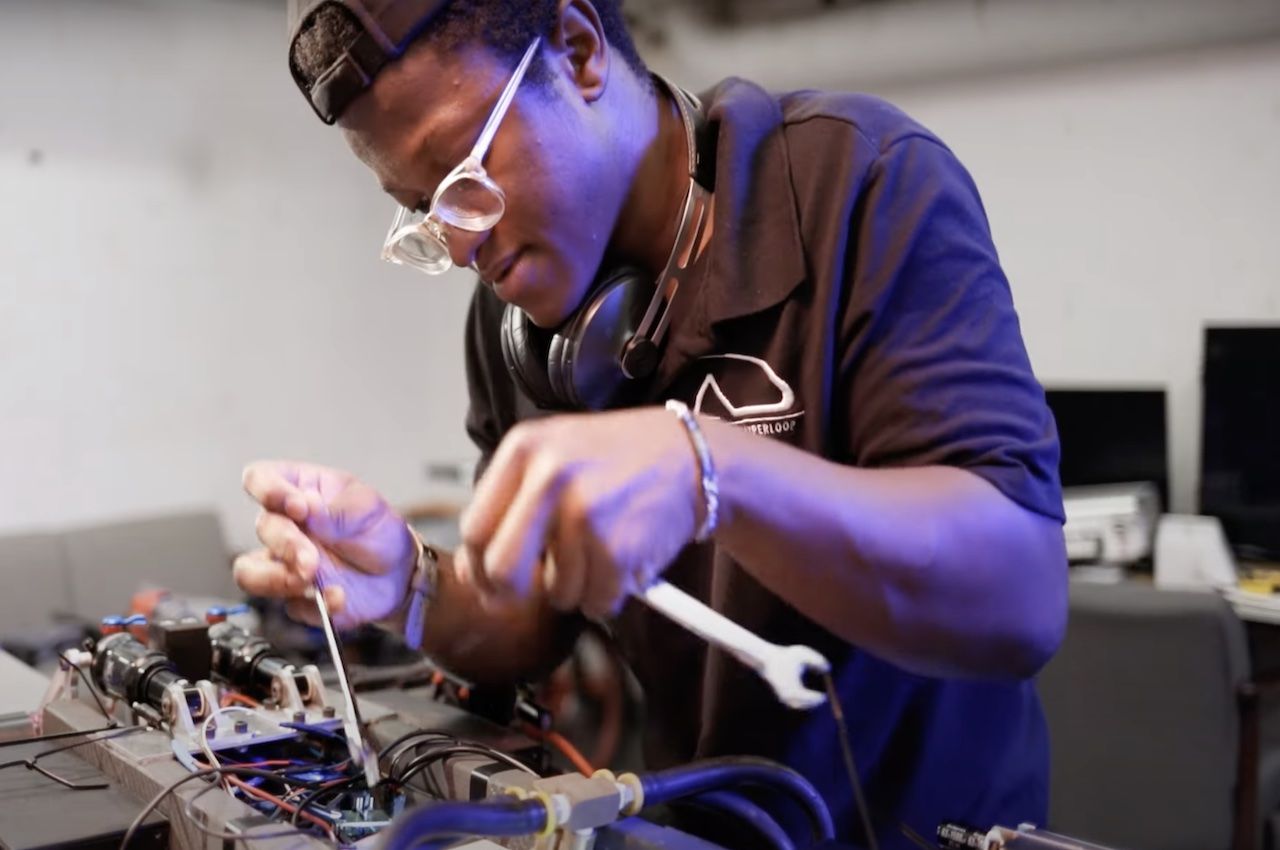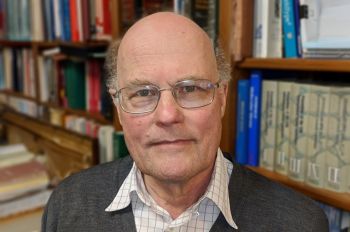Astrophysics Student Jonte Williams Expands His Scope

TRANSCRIPT
Jonte Williams (ASPY ’25): I first came here as an astrophysicist, you know, that’s what I applied to IIT for.
I was kind of looking for top schools for physics and part of the reason why I picked this school is because it’s in a city. I never came to Chicago before. I got a STEM scholarship. It helps a lot, honestly. Students they go to a college and they’re like, “Oh, I’m the best in my class,” and then they come to a tech school and they’re like, “I’m average. I’m now average.” And it teaches you that hey, there’s a lot more to know and there’s a lot more that you could do.
Associate Professor of Physics Bryce Littlejohn: Anytime radioactivity is happening, you’re making neutrinos.
Imagine there’s a nuclear reactor right out in the hall on the other side of that door making neutrinos. Our detector is right here, so it’s about six meters away from an operating nuclear reactor. You want to have a as many neutrinos going through your detector as possible which means you get as close as you can to the most radioactive places you can reach.
Jonte Williams: You know with the data, we were just analyzing what we collected from the neutrino detector and in that process, we also deconstructed the neutrino detector so we can analyze, “Okay how could we make this better, more efficient?” It’s a whole cell so there’s a bunch of panels.
Bryce Littlejohn: So these panels are supposed to be perfect specular reflectors. This mirrored surface gets made into these kind of tubes—these guys form the walls of the tube and then these tubes get submerged in a large thing of clear liquid.
When a neutrino interacts with the liquid, it makes a flash of light and we put little photon sensors at each end of this guy, and so we want them to be very mirror-like, so whatever flash of lights made you want that light to propagate down your cell and hit the photon sensors that we got.
Jonte Williams: You know when you’re a kid you start dreaming about like what you want to do in the future: engineer, scientist, inventor, innovator. For Illinois Tech I joined Hyperloop because I was trying to figure out if I wanted to be an engineer. Hyperloop, for me, was like the first step into that. There’s sub teams you know, electronic software. I was on the break team, trying to figure out how can we get the parts that actually exist or machine parts that we need. How we ran the project was really up to us, so you get to see a project get developed from start to finish. It’s great on like a personal level, and also on like a childhood dream level.




